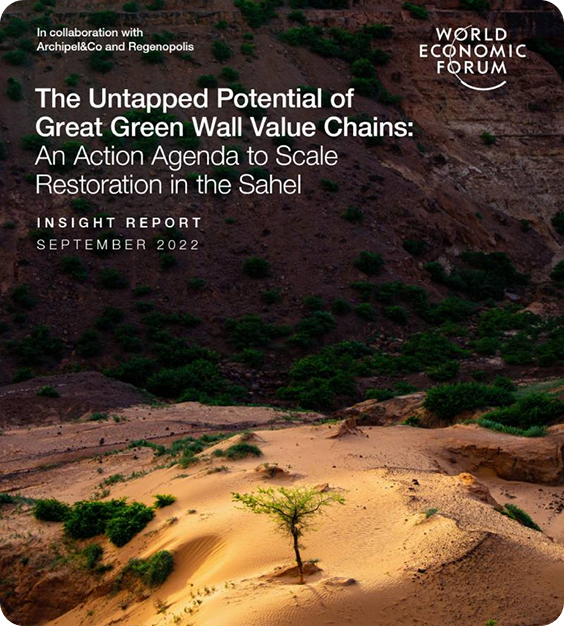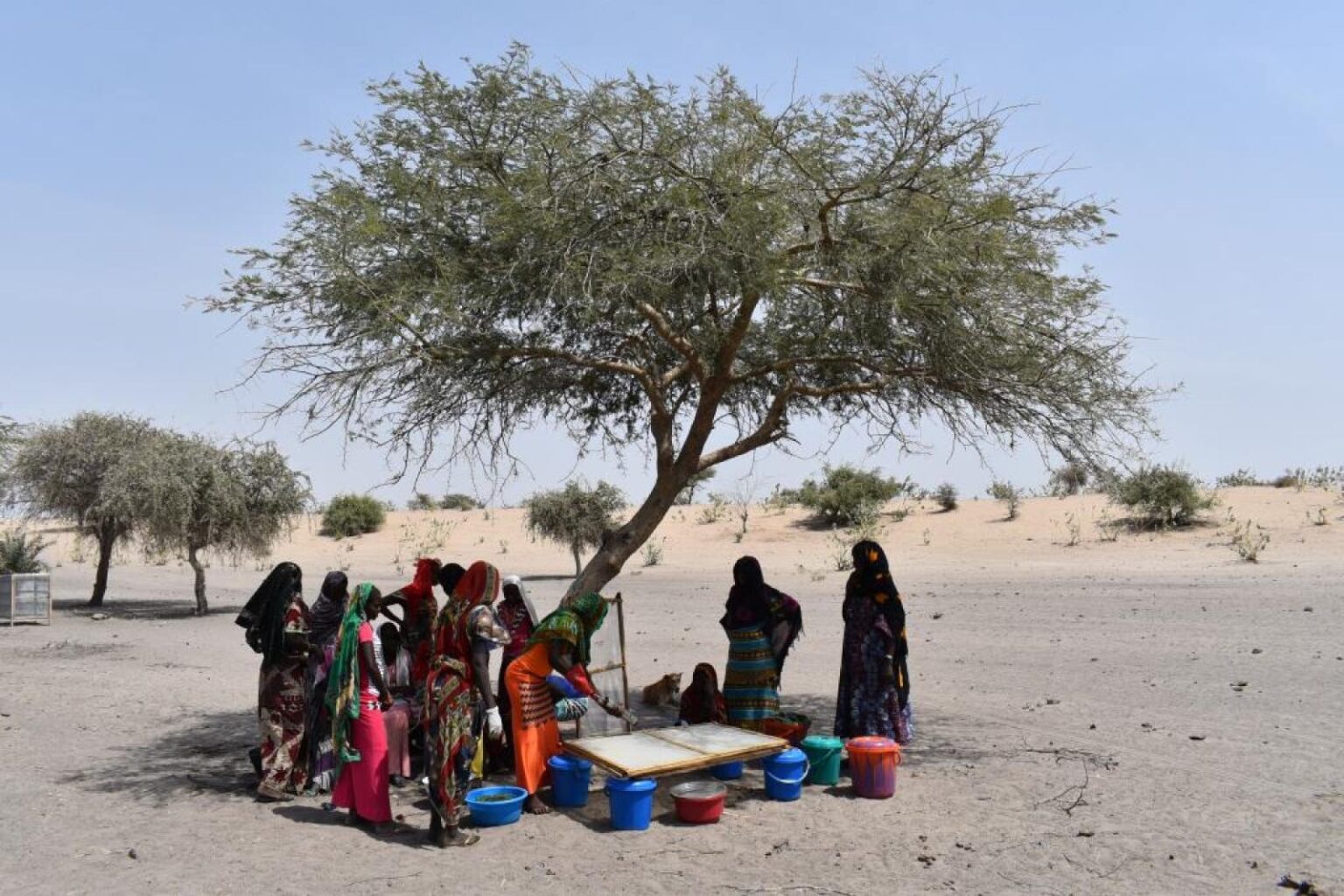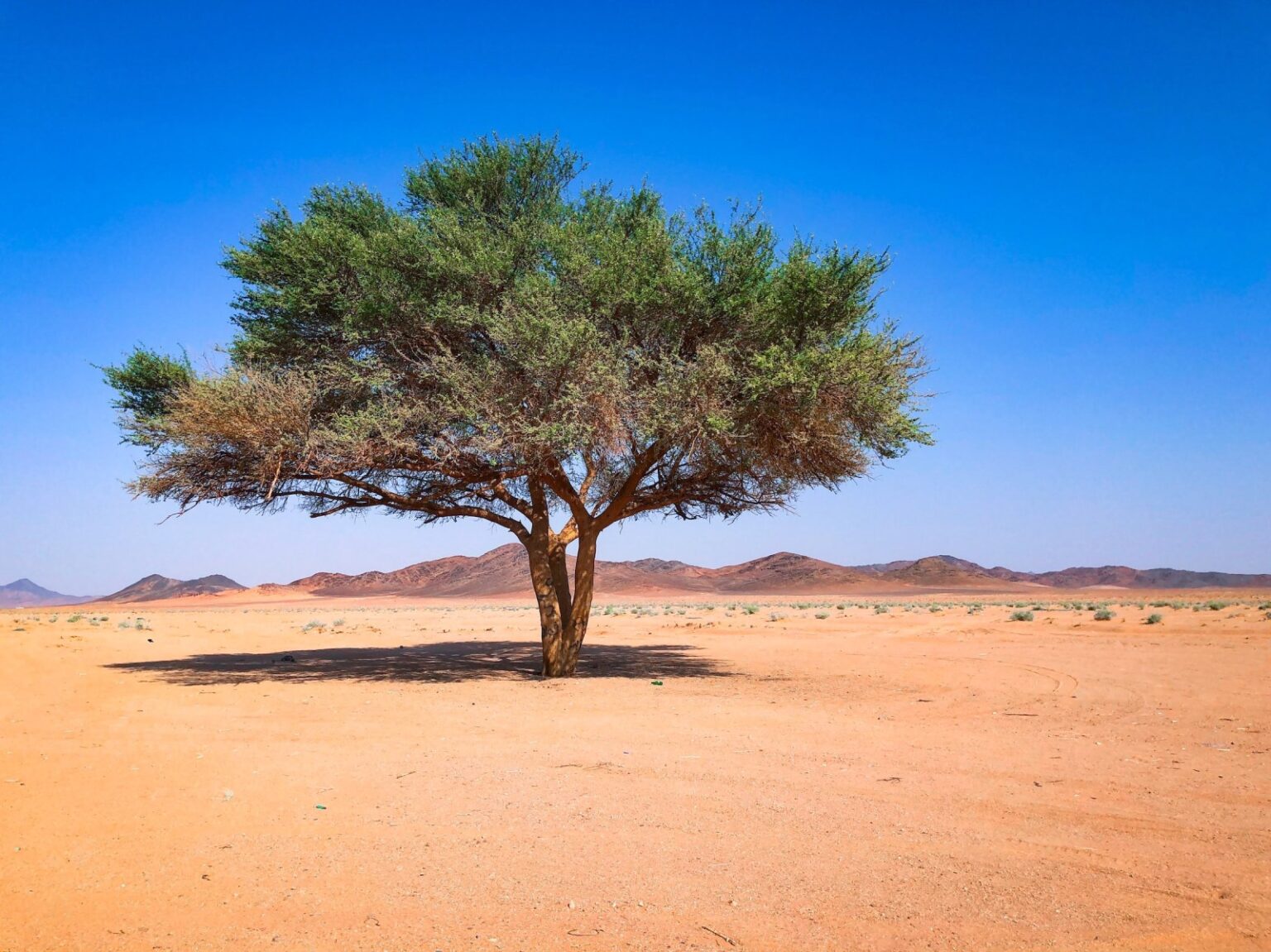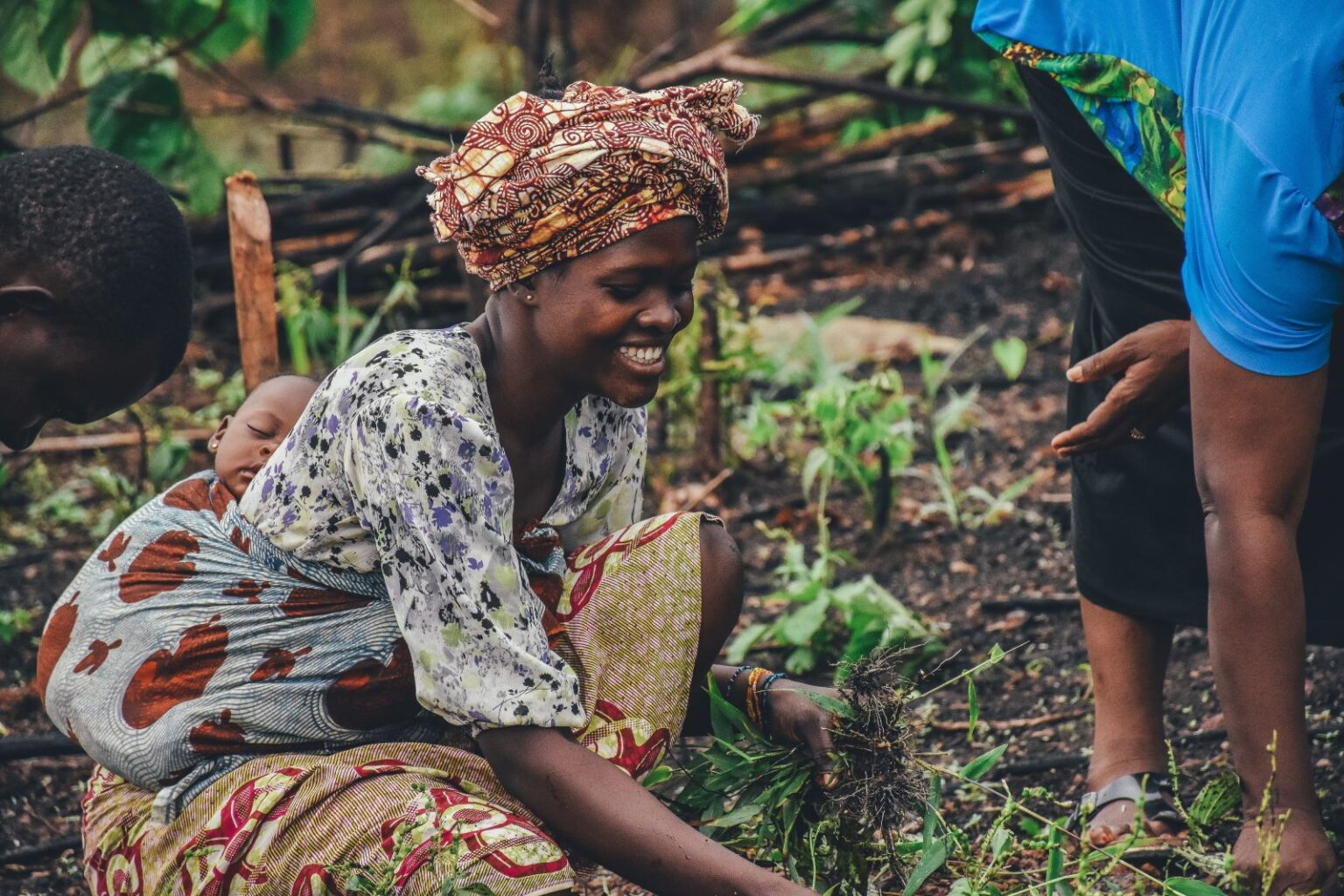Regen Ecosystems
Regenerating land, culture and livelihoods through agriculture value chains
What are Regenerative Ecosystems?
Our practice is dedicated to cultivating regenerative food systems and natural value chains that heal landscapes, uplift communities, and revitalize cultural identity. It is a place-based approach to regeneration – working with the land, not just on it, where climate resilience, biodiversity, and human well-being are co-designed into the fabric of economic life.
Regen Ecosystems seeks to reconnect people with their land, reimagine prosperity through care and abundance, and regenerate the systems that sustain life, starting with soil, seed, and story.
« We do not inherit the Earth from our ancestors, we borrow it from our children. »
Native America Proverb
How we help regenerate ecosystems
Supporting ecological restoration
We support climate-positive, agro-ecological practices such as reforestation with endemic trees, agroforestry, and soil regeneration.
Empowering women and strengthening local ownership
We ensure that regenerative economies are inclusive, equitable, and rooted in dignified livelihoods across the value chain.
Safeguarding ancestral knowledge and cultural heritage
We celebrate ingredients and practices passed down through generations – that hold ecological, nutritional, and spiritual value.
Promoting biodiversity-based economic models
We create alternatives to extractive industries by monetizing ecosystem stewardship and advancing food sovereignty, health, and resilience.
Creating synergies with regenerative hospitality
We onboard local hotels as market anchors and storytelling vessels—bringing global attention and value to local ingredients and cultures.
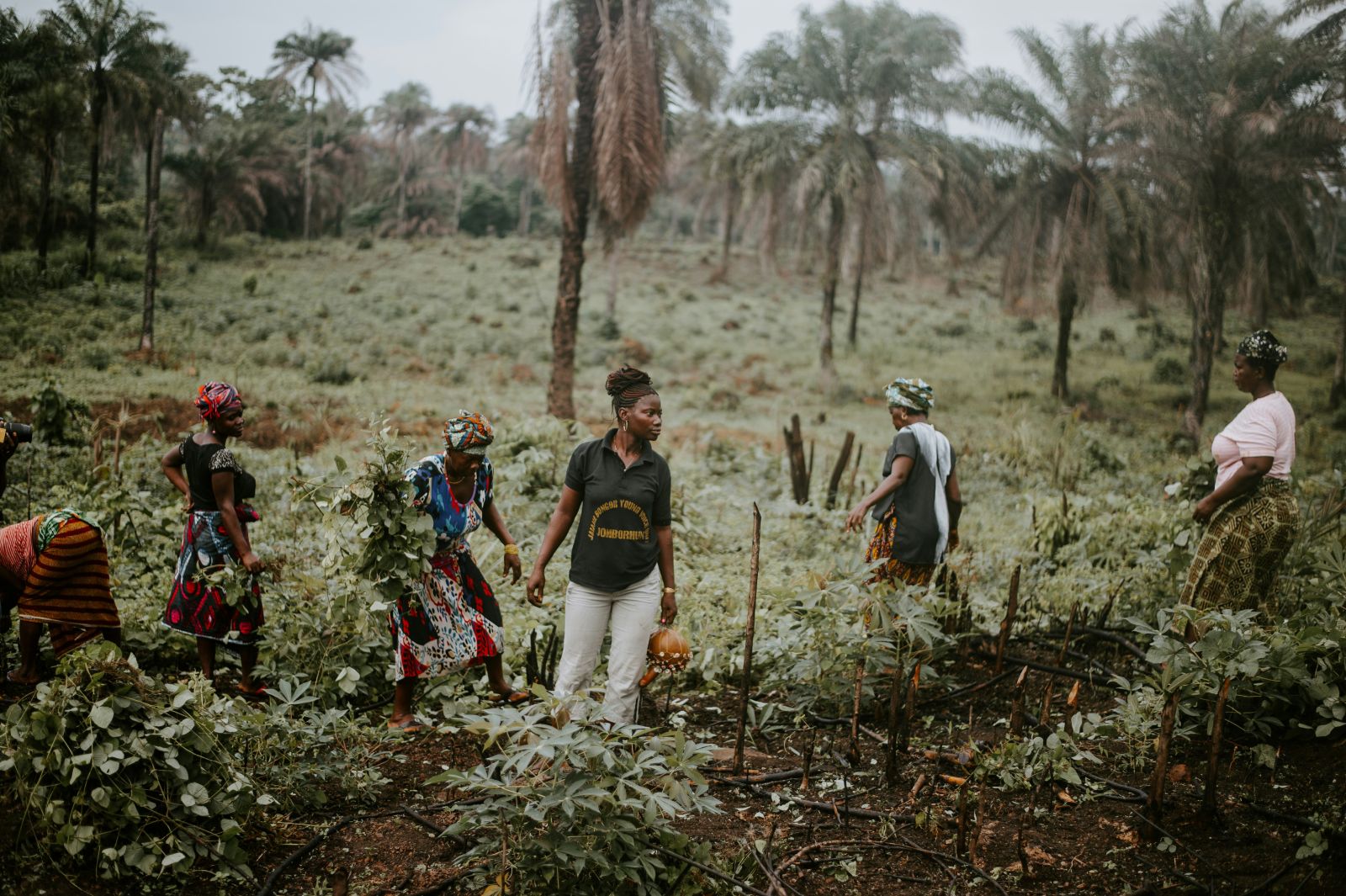
Our Impact so far:
Inspiration from the Great Green Wall: A Proof of Concept
Our work builds on insights gained through pioneering efforts such as the Great Green Wall (GGW) Value Chain Action Agenda, developed in partnership with the World Economic Forum. In regions facing desertification, youth unemployment, and biodiversity collapse, we co-designed a strategy to link land restoration with income generation, using commercially viable, climate-resilient species like the Acacia senegal (gum Arabic), Balanites, and Baobab.
This holistic approach combined:
- Science-based land restoration techniques;
- Community-led harvesting and processing models;
- Regional coordination among African Union stakeholders;
- Partnerships with ethical ingredient buyers;
- Frameworks for equitable benefit-sharing and capacity-building.
The GGW experience showed that regenerative value chains are not just environmental projects: they are nation-building strategies for food, dignity, and climate stability.
Regen Ecosystems now aims to scale this model, adapting it to new territories—from the Sahel to the Amazon—guided by the same principles: restore nature, regenerate economies, and revive meaning in the relationship between people and place.
